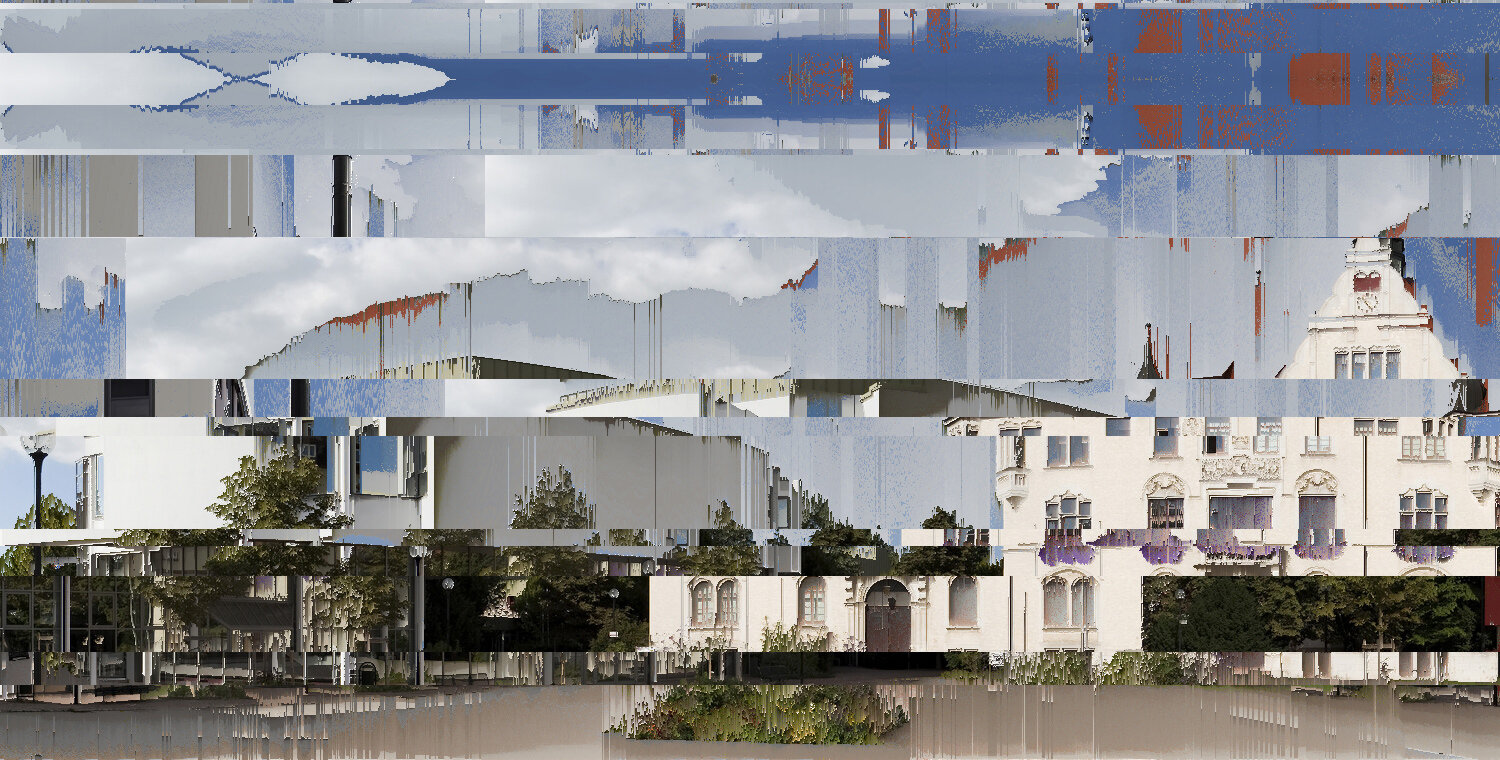
Jump to next section
Artificial Intelligence in Music
Master of Music in Composition*
With the focuses:
- Music Design
- Electro-acoustic composition
- Instrumental composition
Part of the joint project "Artificial Intelligence Services and Systems - KISS", funded by the Federal Ministry of Education and Research (German: BMBF).
*Accreditation applied for

Jump to next section
Künstliche Intelligenz in der Musik
Studiengang Master of Music - Komposition
Mit den Schwerpunkten:
- Musikdesign
- elektroakustische Komposition
- Instrumentalkomposition
Teil des Verbundprojekts „Künstliche Intelligenz Service und Systeme – KISS“, gefördert vom Bundesministerium für Bildung und Forschung (BMBF).
English version